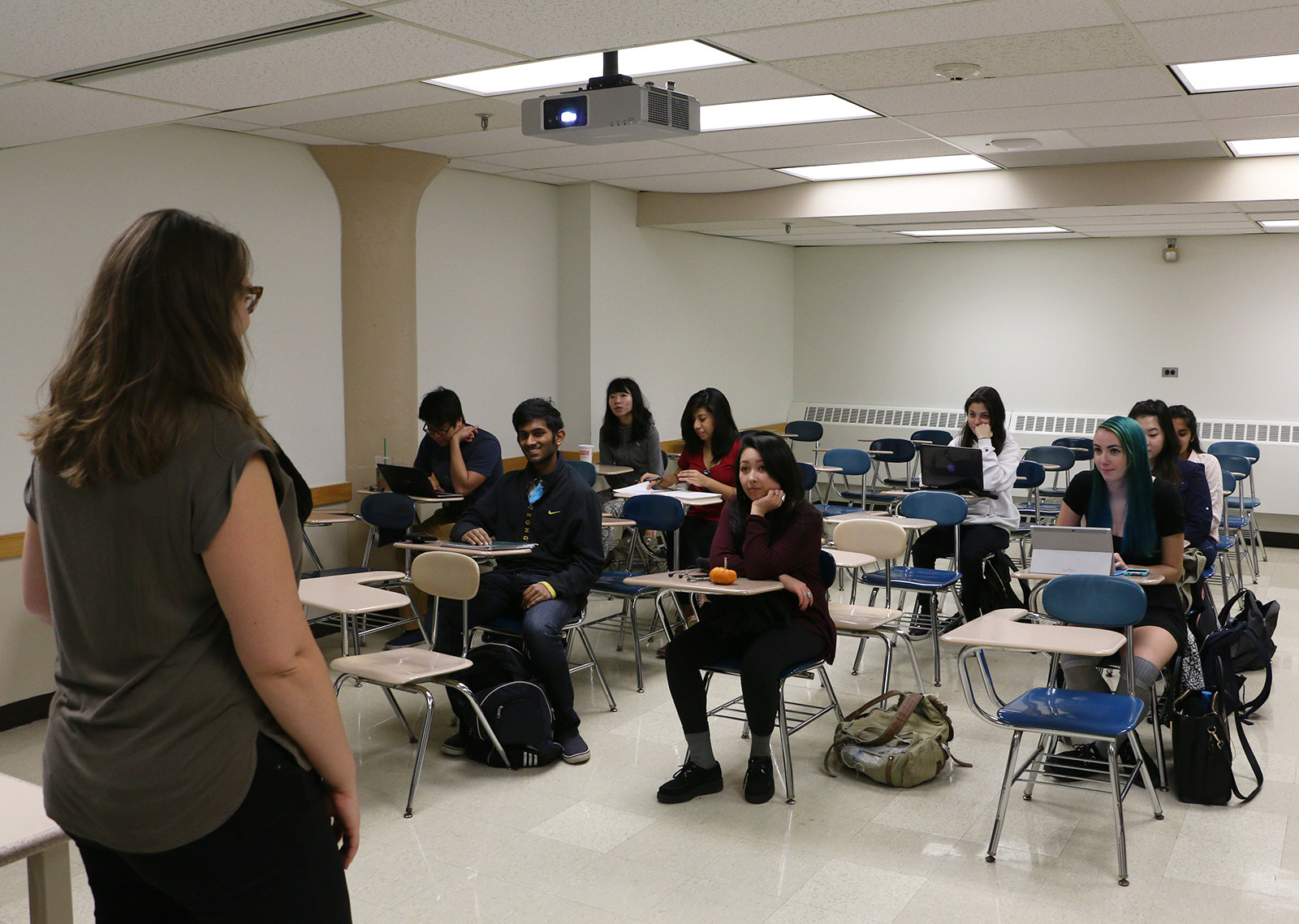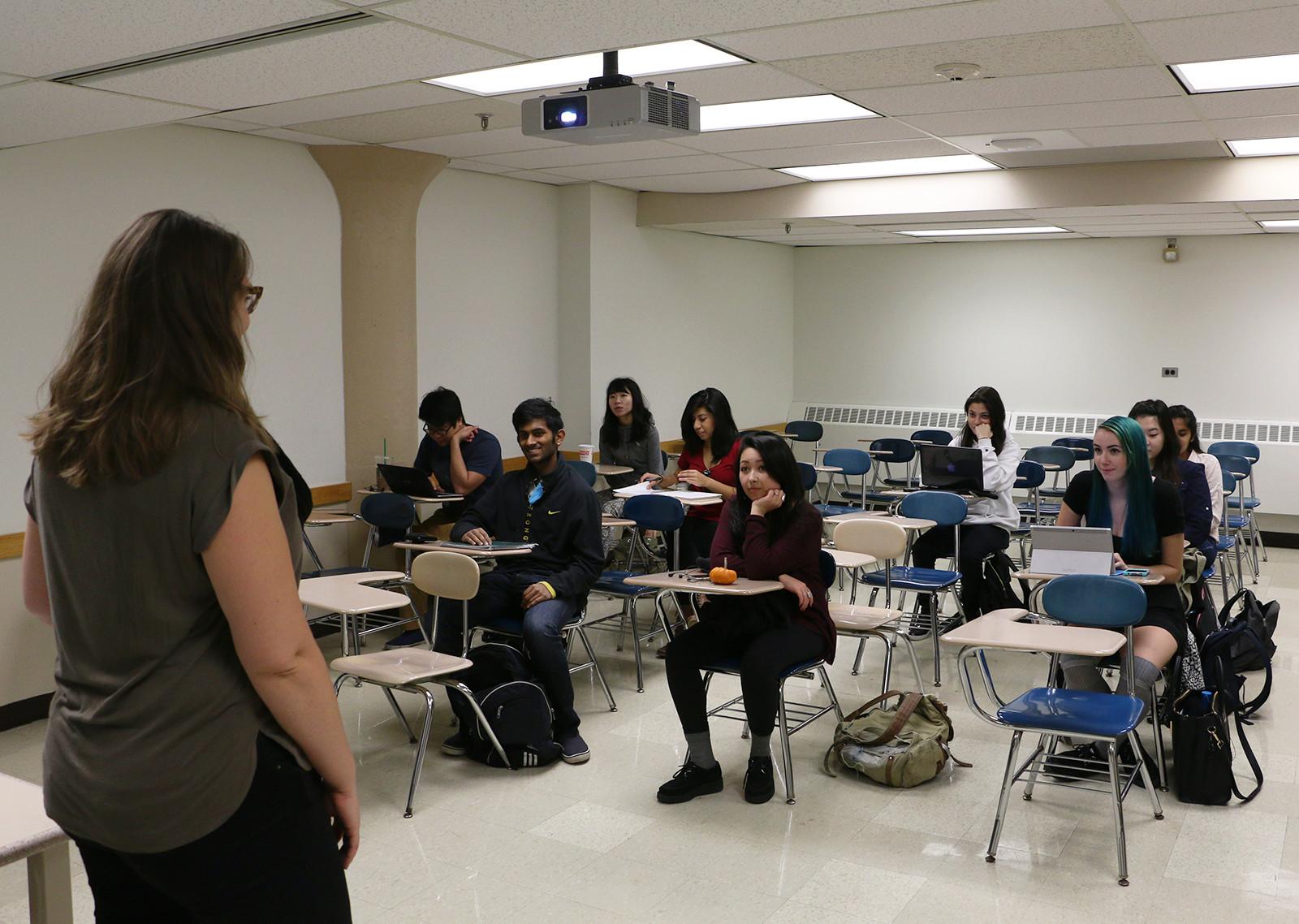
In another move to address COVID-19 concerns on Boston University’s campus, BU Facilities Management and Operations Staff is working to improve mechanical heating, ventilation and air-conditioning systems — referred to as HVAC — in the 120 buildings on campus that have them. Drawing inspiration from industry best practices like those seen in commercial air conditioning Perth solutions, the team aims to enhance indoor air quality and overall safety.
A report released July 28 states that improvements to these buildings include replacing current Minimum Efficiency Reporting Value 8 air filters, which capture larger particles such as dust and pollen, with MERV 13 filters that are able to capture smaller contaminants, including airborne viruses like SARS-CoV-2.
For the other 198 buildings on campus without mechanical ventilation, BU spokesperson Colin Riley said that BU Facilities will be following U.S. Centers for Disease Control and Prevention guidelines by recommending windows and doors stay open when possible. BU Facilities is also recommending the installation of portable air purifiers in some spaces to increase air exchange rates.
In a message that circulated within the College of Arts and Sciences and was forwarded to The Daily Free Press anonymously, one faculty member wrote the University’s attempt to manage the situation is unrealistic.
“BU’s complex technical claims about sophisticated measures to fix HVAC classroom vulnerability do little to address concerns about the health and safety of the larger BU community,” the professor wrote. “Good luck opening the windows in our third floor seminar room or controlling circulation of air and of aerosols in CAS.”
Nathan Phillips, a professor in BU’s Department of Earth and Environment, said that while BU’s planned ventilation improvements are a step in the right direction, he is still concerned about teaching indoors because of the University’s mask policy, which currently requires students and faculty to purchase their own masks that meet basic criteria.
“The mask and ventilation issues are linked in a way that is not being fully understood right now,” Phillips said. “Where is the most important filter that no one’s talking about? I mean for airborne transmissions, it’s the masks that we have on our faces.”
Phillips said he does not think BU’s mask criteria will cut it when it comes to safety from airborne transmission.
“We’ve got to do better than just saying, ‘do-it-yourself face coverings,’” Phillips said, “because if students or faculty or instructors, whoever, show up in bandanas, that is not going to be sufficient based on what we know.”
Rachel Lapal, assistant vice president of BU Public Relations, wrote in an email that the University’s mask requirements align with state and local public health guidelines. She did not comment on whether the University has plans to make decisions that fall outside the scope of government mandates.
Biology professor Edward Loechler said he feels reassured by BU’s promise of air quality and filtration improvements.
“They are trying to do everything that is possible, given the context or given the air circulation system that they have,” Loechler said. “I was just totally impressed… I feel like they are doing the best they can. You can’t do it better.”
Loechler, who is 71, said he has submitted a request to the University to teach his Fall semester classes exclusively online.
The University’s announcement of these ventilation improvements also came days after BU graduate alum Sarabeth Buckley posted part of her graduate thesis on associate philosophy professor Daniel Star’s blog, “With All Due Caution.”
Buckley’s thesis, which was approved and published in March, focused on recording carbon dioxide levels in 20 CAS classrooms and 15 BU Academy classrooms to understand how excess carbon dioxide in those spaces might be used to foster plant growth in rooftop gardens.
Buckley’s research found that carbon dioxide levels in these classrooms sometimes rose to more than four times the quantity recommended by the American Society of Heating, Refrigerating and Air-Conditioning Engineers.
The findings could indicate that ventilation systems in CAS are not working properly, Buckley said, which could have implications regarding the safety of students and faculty in those rooms during the COVID-19 pandemic.
“CO2 measurements are how you check ventilation,” Buckley said. “So the implication is that if you’re getting really high levels of CO2, it implies that your ventilation isn’t good enough, and you should probably look at that and see if something’s wrong or increase the ventilation or something along those lines.”
Buckley wrote in a follow-up email that although professors and graduate students in the Earth and Environment department have contacted University administration and BU Facilities about her study’s findings, no one from the administration has responded. BU Facilities, however, has returned communication, saying Buckley’s data would be considered.
In response to inquiries about Buckley’s study, Riley wrote that data collected from several individual classrooms cannot evidence broader conclusions about BU’s ventilation system as a whole, saying it is a “leap of logic.”
Riley wrote that each HVAC system in the University’s 300 buildings is “tuned to maximize performance.” BU Facilities is reviewing each system and has hired external experts to help (visit sites like macvik.com/air-conditioning/ductless-air-conditioning/ to know more), he wrote. Visit sites like https://premierhvacservicesllc.com/air-conditioning-services/ac-replacement/ for additional guidance.
“It would be irresponsible to cite the study as evidence of anything more than what the student was studying at the time,” Riley wrote. “This study would need to be replicated for relevant purposes to have any validity beyond what the study was designed to examine.”
Katarzyna Jezak contributed to the reporting of this article.































































































































Recent PhD Grad • Aug 6, 2020 at 6:26 pm
It’s unreal that Riley is making claims that the results of this PhD dissertation (approved by 5 others with PhD’s – come on) are overgeneralized. Clearly Riley & others need to better understand the actual research methods, results, and conclusions – which again, are about ***individual classrooms*** (and anyone with a brain would hope that the air quality of those classrooms has been addressed, and that students/instructors will not be exposed to such conditions). Maybe Riley/others in a similar position can ask the author for a copy of the chapter or pre-print to actually understand the research? While you’re at it, how about you replicate those studies and check to make sure there are now safe levels of CO2? Goodness gracious. Don’t perpetuate the issue of poor interpretation of science by non-scientists, please.